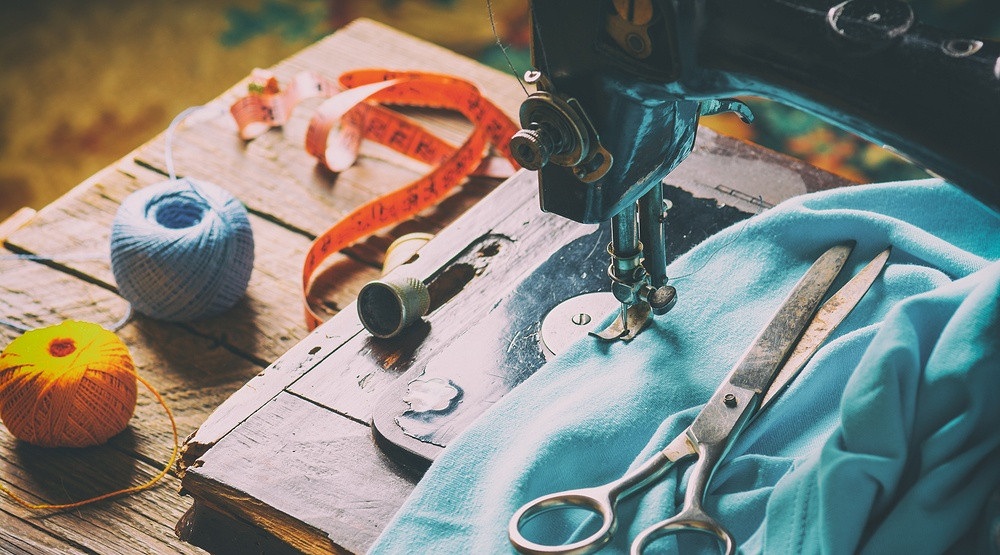Popular Reads
Top Results
Can't find what you're looking for?
View all search resultsPopular Reads
Top Results
Can't find what you're looking for?
View all search resultsDIY cloth masks: Not ideal but good zero-waste alternative
Sewing a cloth mask can be a productive new hobby during self-quarantine for idle hands and idle cloth.
Change text size
Gift Premium Articles
to Anyone
O
nly a few weeks ago you could still get a disposable, surgical mask for free from your ojol (app-based motorcycle taxi) driver.
However, following the fast-growing spread of COVID-19, demand for face masks spiked, and the item quickly became a rarity in the market. The available supply is also prioritized for medical professionals and patients who have tested positive for the virus.
Soon, people began to suggest making homemade masks from spare clothes lying around at home, although such masks are not an ideal shield to avoid the virus.
A lung specialist at Persahabatan Hospital, Erlina Burhan, told kompas.com that cloth masks were usable, but the user should maintain a distance of 1 to 2 meters from other people to avoid respiratory droplets.
The initiator of a cloth mask campaign from the Design Ethnography Lab of Bandung Institute of Technology (ITB), Prananda L. Malasan, stressed that the item could not prevent contact with droplets coming from a sneezing or coughing person.
“We have to underline that the cloth masks are not for medical professionals nor patients since they cannot [prevent droplets] that come out from coughing or sneezing,” he said as quoted by kompas.com. He also recommends that users wear at least two cloth masks for extra protection.
Read also: Cloth masks alternative to prevent COVID-19 transmission, doctor says
According to Pranada, disposable surgical masks can filter 97 percent of bacteria 1 micron in size. Napkins and pure cotton can filter 83 percent and around 70 percent, respectively. Although they are not as effective as surgical masks, homemade cloth masks can reduce the amount we touch our face, an instinctive habit said to be one of the causes of the high contagion. Cloth masks are also reusable and washable, making them a zero-waste alternative.
For those who have idle hands and idle cloth lying around at home, making a do-it-yourself cloth mask can also be a good activity during self-quarantine.
Pranada said a good cloth mask was one made of pure cotton fabric, a material usually used to make T-shirts.
Unused, clean pillow cases, scarves and napkins also serve as a great fabric for creating homemade face masks. Insert a piece of such fabric, which will serve as a filter, between two layers of folded cloth, such as a pure cotton handkerchief. Then insert two hairbands on the right and left side of the cloth. (gis/kes)











